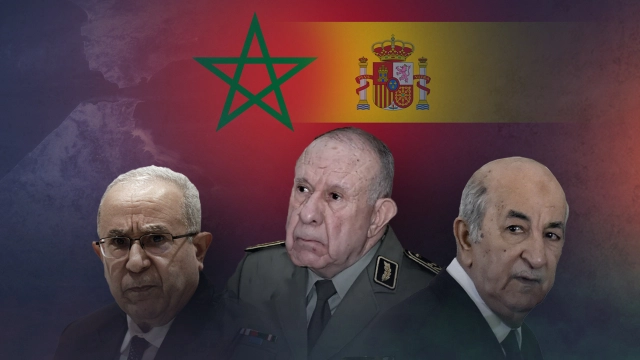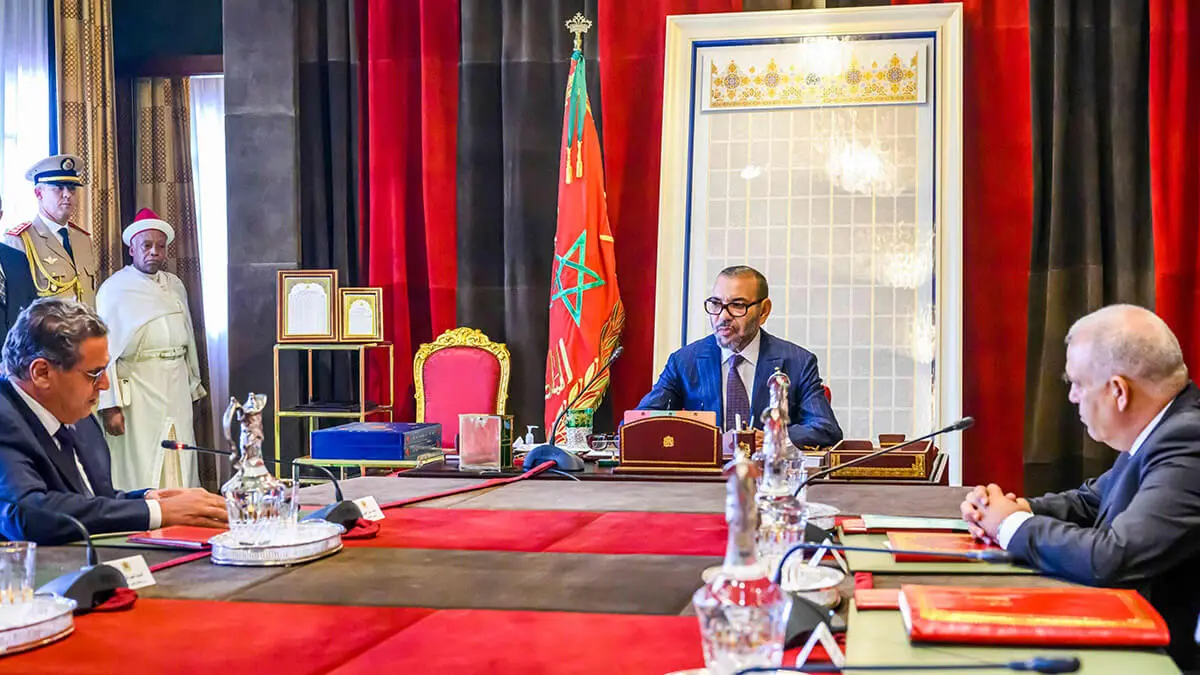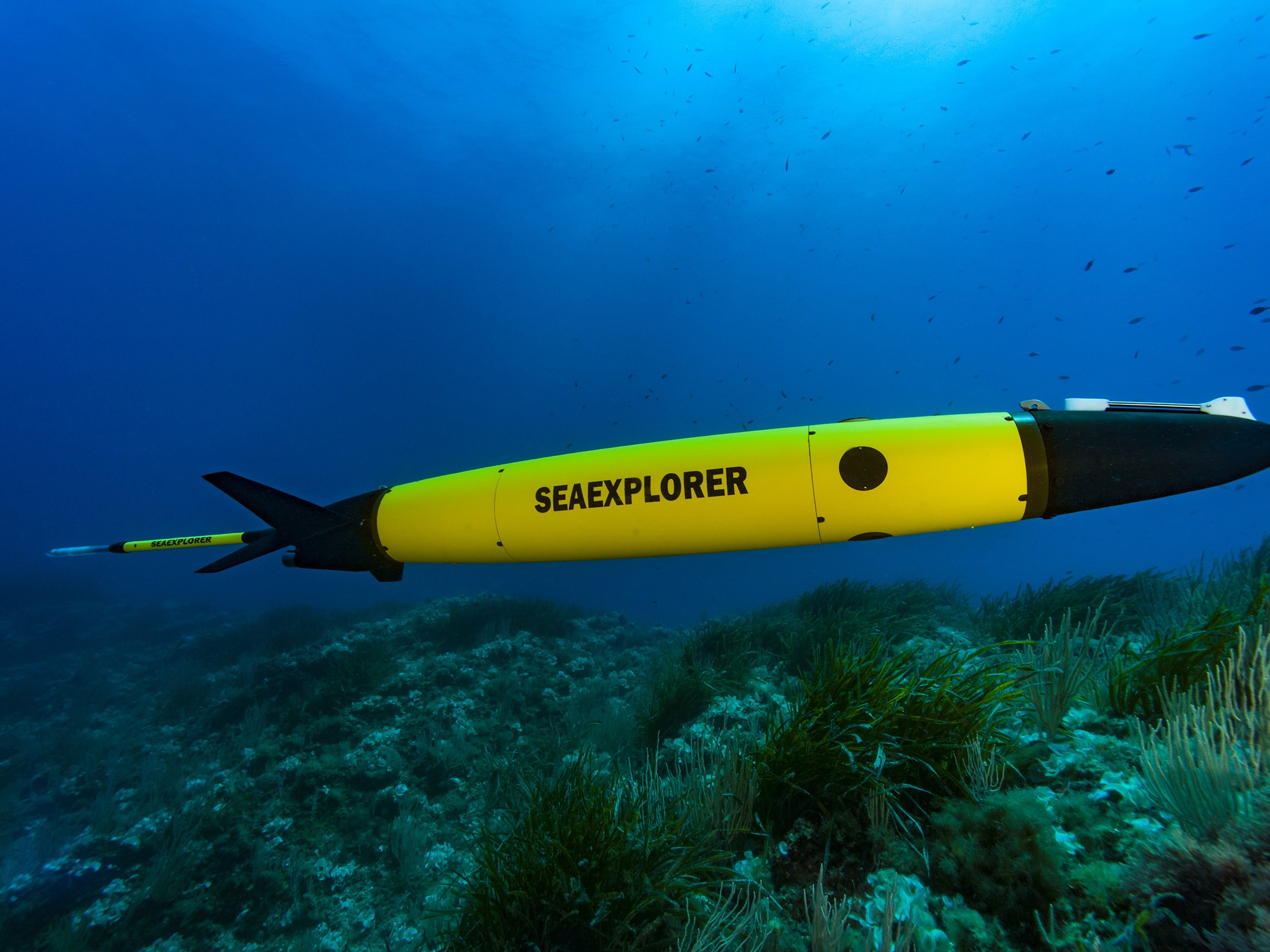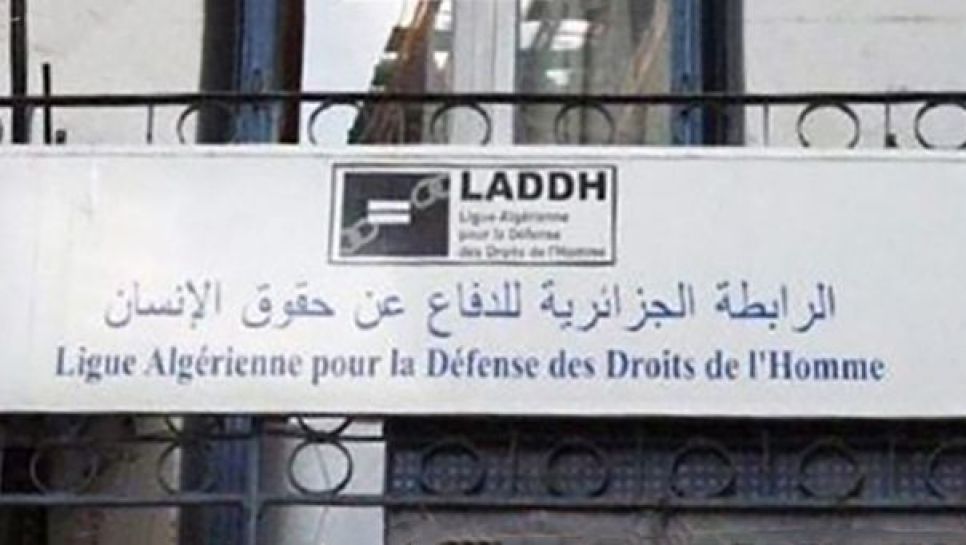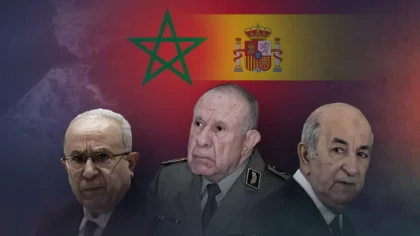 The Algerian diplomacy is receiving one setback after another as global powers and influential countries put nails in its separatist plot in the Moroccan Sahara where it has defended for decades the unfeasible referendum option.
The Algerian diplomacy is receiving one setback after another as global powers and influential countries put nails in its separatist plot in the Moroccan Sahara where it has defended for decades the unfeasible referendum option.
Spain, the former colonial power in the Moroccan Sahara, has supported the autonomy plan under Moroccan sovereignty as “the most serious, credible and realistic” basis for a peaceful settlement of the artificial dispute over the Moroccan Sahara.
This bold Spanish position that shows a willingness to strengthen ties with Morocco and maintain regional stability was near to traumatic for an aged military junta that is holding Algeria hostage.
Algiers diplomacy said it was surprised and showed its real face as the genuine party to the conflict by recalling its ambassador to Madrid and threatening to hike gas prices to Spain.
Algerian diplomacy has better prepare its ambassadors elsewhere to return home because the wave of support for Morocco’s autonomy plan will only gain momentum after Spain’s Sahara move.
The US, Germany, France, Israel, majority of the Arab World and Africa and influential countries in Latin America such as Chile and Brazil all back Morocco’s territorial integrity and the vast majority of the world’s countries back a UN process, which stopped calling for a referendum years ago and which also describes the autonomy plan as serious and credible.
A changing dynamic in favour of Morocco’s autonomy plan as a win-win approach has dealt a final blow to the referendum option which proved its infeasibility.
“Morocco is not negotiating its sovereignty over the Sahara but rather a political solution to the conflict,” king Mohammed VI said in a landmark speech commemorating the Green March last November.
Why Algeria rejects autonomy as an idea in itself
As a newly created country, Algeria followed the French colonial legacy maintaining a heavy centralized rule. Despite the vast swathes of lands that Algeria inherited from French colonialism, the military junta that ruled the country since the 1960s, concentrating the administration and decision-making in Algiers.
Demands for autonomy or limited local rule emerged in the Kabylie region and in the impoverished though oil and gas-rich south. The repression with which Algeria responded to calls for more decentralization created radical movements including the home-grown Kabylie independence movement.
In recent days, another independence movement emerged in the deep Touareg-inhabited south where an attack had targeted a military post on the border with Mali. The group calling for the independence of Algerian south issued a statement that augurs ill for the Algerian map.
Algeria has also shown vehemence in opposing an autonomy proposal that Morocco suggested in 2013 to end the crisis in northern Mali by granting the Touaregs of the Azawad local rule. Analysts believe Algerian secret services stepped up support for extremist groups in northern Mali to avert the autonomy project.
For Algeria, autonomy means dismembering a country with artificial borders and for Morocco autonomy means strengthening its sovereignty and a continuation of its decentralization and regionalization policy.
